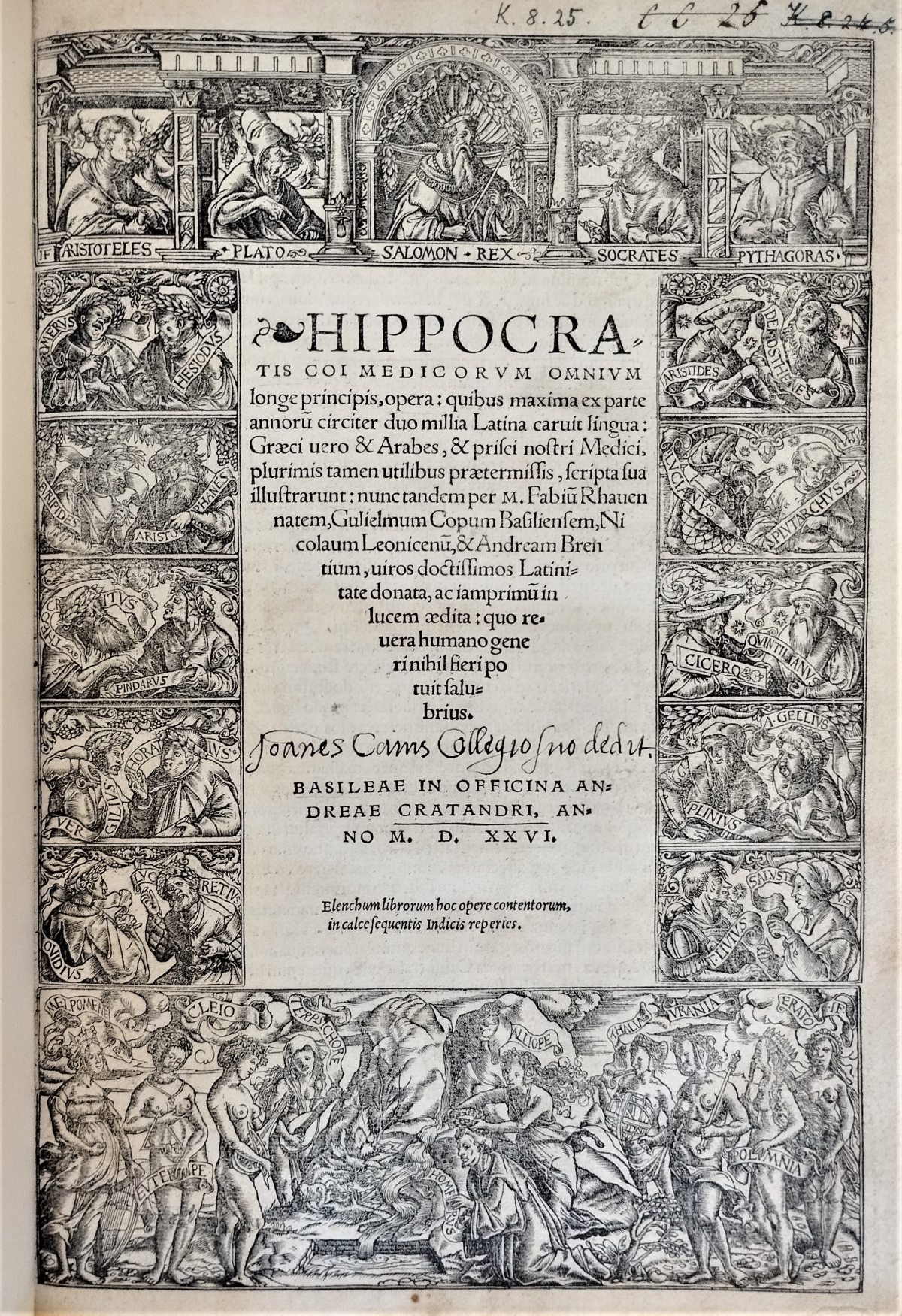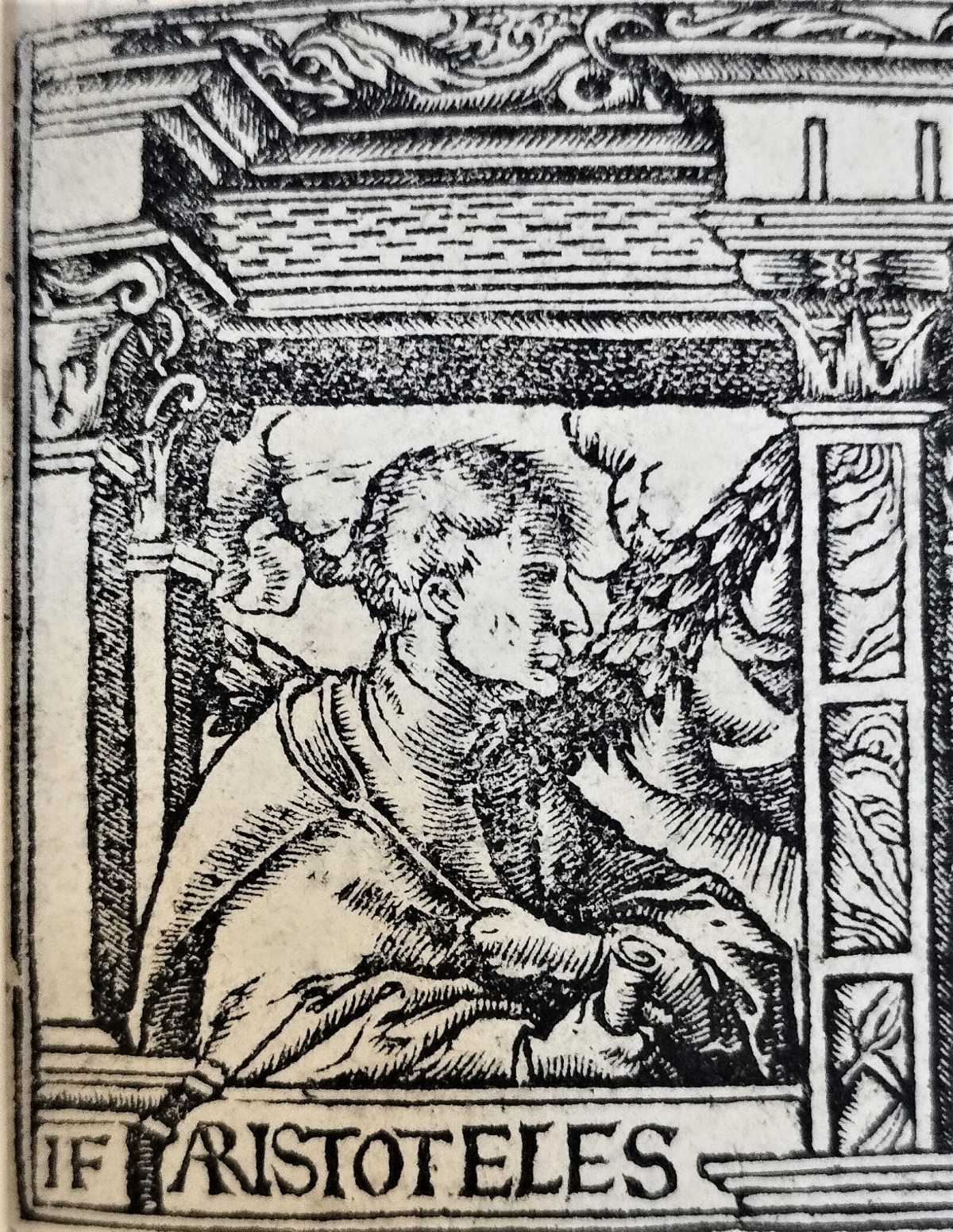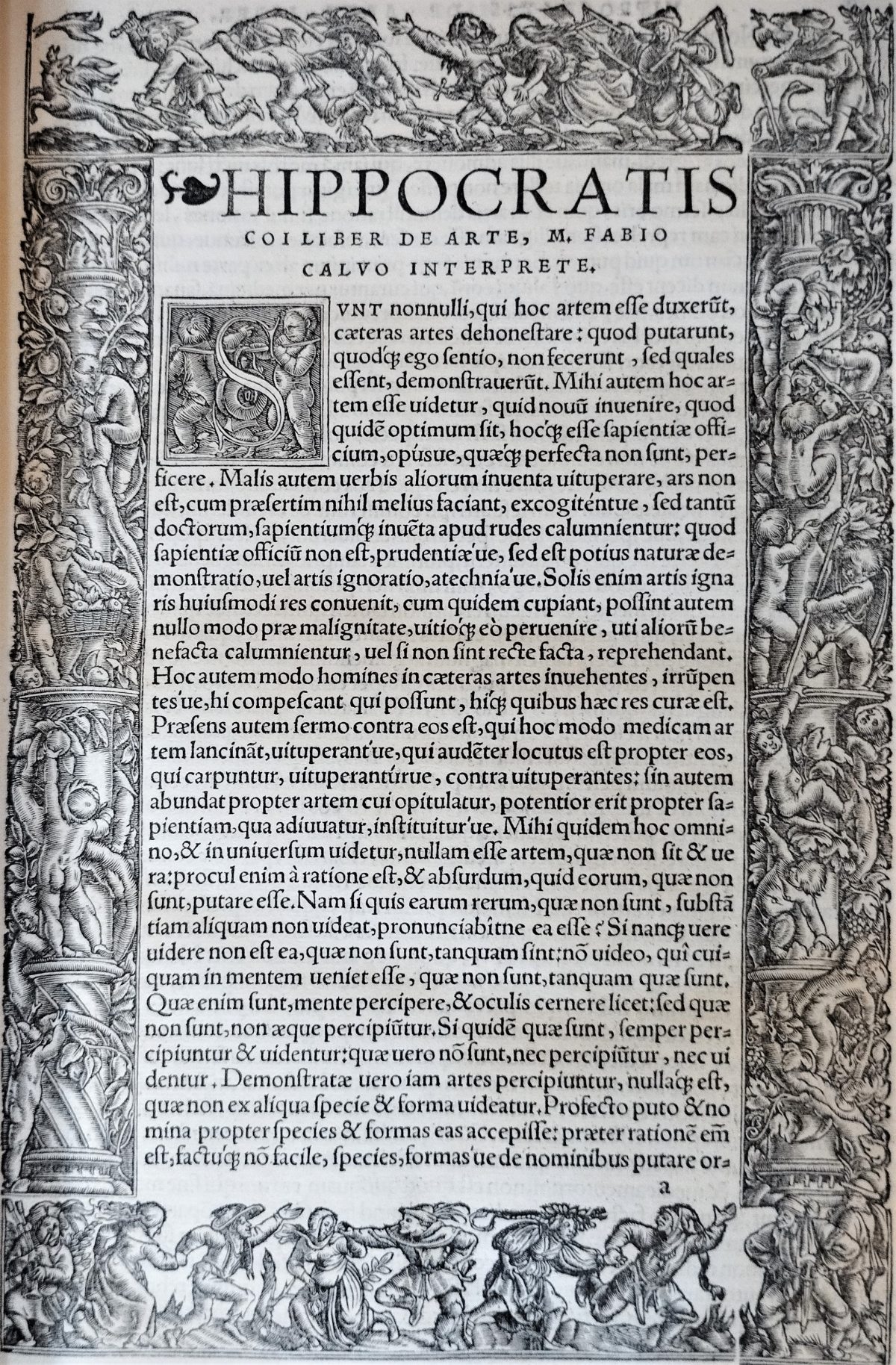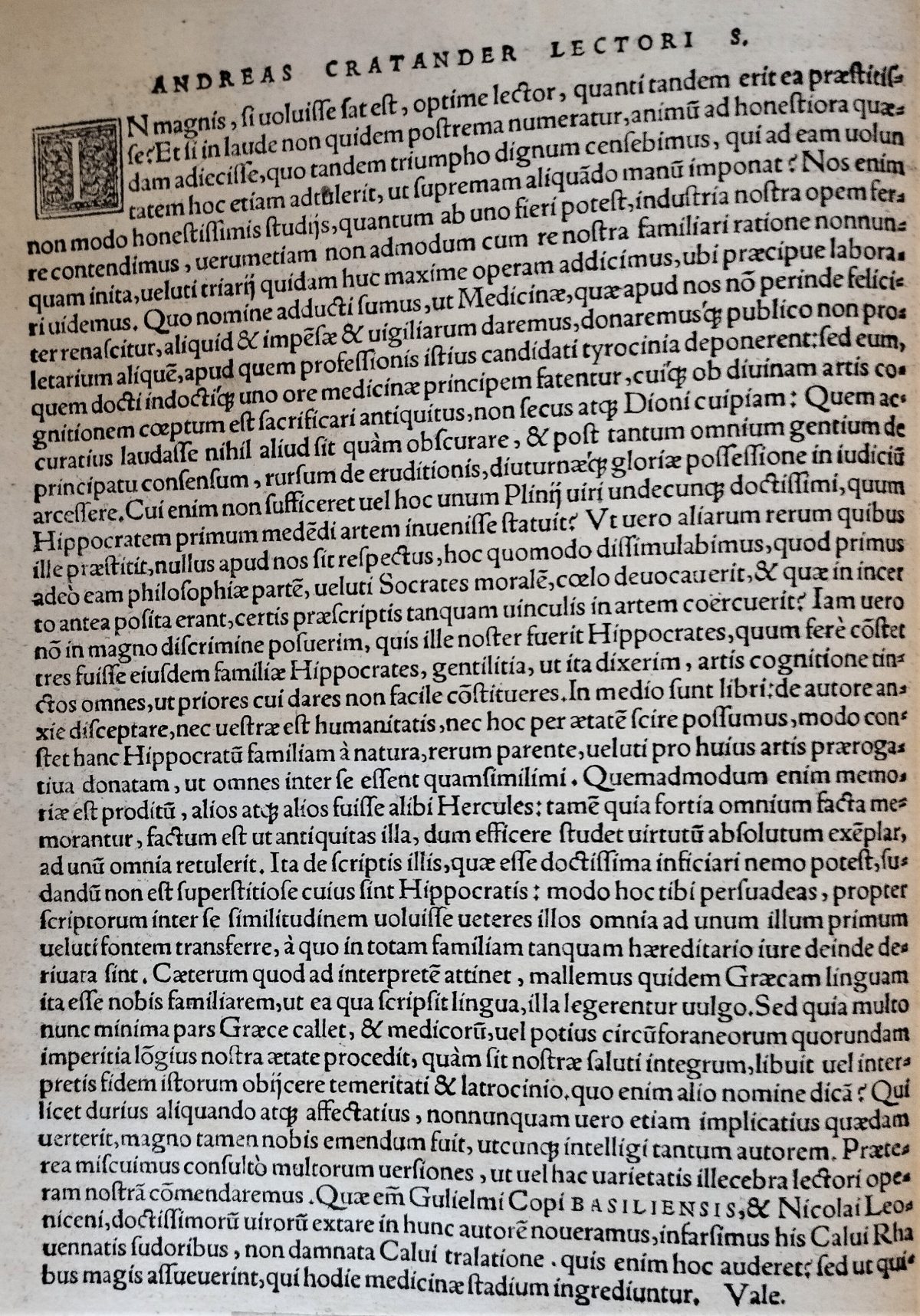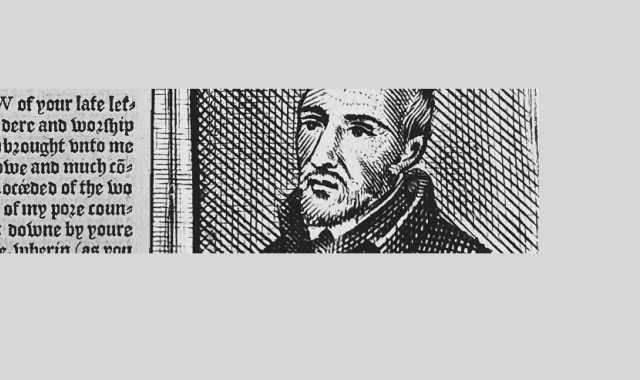The Hippocratic corpus
Hippocratis Coi medicorum omnium longe principis, opera (The works of Hippocrates of Kos, the greatest physician). Printed in Basel by Andreas Cratander, 1526. Lower Library, K.8.25
This volume contains a translation of the works of Hippocrates in Latin, with the title in full roughly translating as ‘The works of Hippocrates, by far the greatest of all physicians, which, for the past two thousand years we have not had the skills in Latin to translate properly, has now finally been translated by M. Fabio of Ravenna, Guilielmus Copus of Basel, Niccolò Leoniceno, and Andrea Brenta, the most learned men, who are gifted in Latin, to bring this text into the light so that through it the human race may become healthier’.
The Hippocratic corpus was, at that time, entirely attributed to Hippocrates, although we now know it originated from many authors across centuries. Despite this, it was, and remains, a crucial collection of works in the development of medicine. It viewed medicine as a scientific discipline, centring a study of anatomy and a focus on evidence-based knowledge. Hippocratic ideas became the basis for medical practice, and continue to hold prominence to this day.
The Hippocratic corpus had been translated from Greek to Latin in its entirety for the first time in 1525, by Marco Fabio Calvo. This translation has been suggested to have led to the longevity of Hippocratic ideas, as it made the work available to a much wider audience than could have read the text in its original Ionic Greek. This edition, published just one year later, uses his translation as its core text, but also incorporates work from three other translators.1
This copy of this text is significant to our library, as it in the copy which was owned and donated to us by Caius himself.
Fui Caius << The Hippocratic corpus >> Natural and mythical histories
- Riccardo Gualdo, ‘Fabio Calvo, Marco’, Dizionario biografico degli Italiani 43 (1993).


